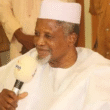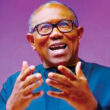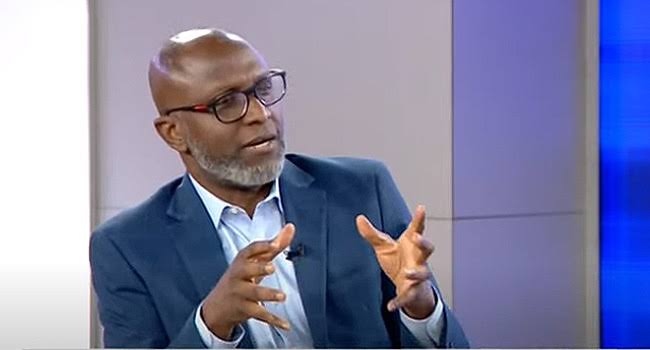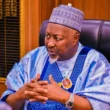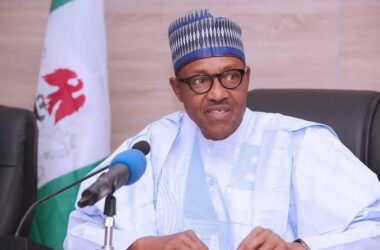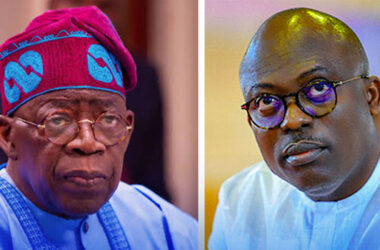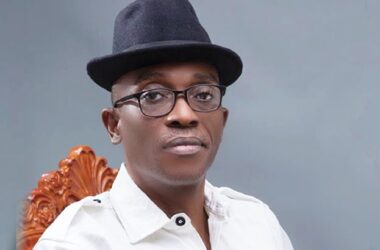Former presidential aide, Laolu Akande, has called out Nigeria’s political leadership, accusing them of lacking the political will and ideological commitment necessary to solve the country’s worsening insecurity and lead with integrity. Speaking on Channels Television’s Sunrise Daily on Thursday, Akande didn’t mince words as he assessed both the federal government’s sluggish response to insecurity and the ideological weakness of opposition figures.
Akande drew a sharp contrast between past opposition leaders and today’s crop of defectors. “Whatever you say about Asiwaju Bola Tinubu, he was in opposition from 1999 up until 2015. That is stamina. These guys—like former Delta State Governor Ifeanyi Okowa and others—lack stamina. It’s as simple as that,” he said.
He criticized what he described as “faint-hearted” politicians who lack the courage, boldness, and ideological grounding to remain steadfast in opposition. “Many of them are not in politics for the common interest. They are in politics mainly for their own personal aggrandizement,” Akande added.
He highlighted the consistency of leaders like former President Muhammadu Buhari, who ran multiple times for president without defecting, even when offered easier paths through the then-ruling party. “Do you know how long Buhari was in opposition? From 2003, he kept running for president. And he wasn’t jumping around,” Akande said.
He dismissed the popular notion that defections are mainly due to pressure from ruling parties, calling such narratives “buccon—utter nonsense.” According to him, the defections reflect the shallow convictions and weak leadership qualities of those involved.
“These are people who don’t have the guts. And they shouldn’t be in leadership,” Akande concluded.
“We haven’t done enough to solve this insecurity problem,” Akande stated. “There is something that we ought to do that we have not done. The political leaders have not demonstrated sufficient will to end this insecurity in a very comprehensive way.”
He emphasized that despite repeated attacks and killings across various regions, from Plateau to Benue and Kaduna, there remains a visible gap between what politicians say and what they actually do. “It’s as if the security chiefs are watching the body language of the political leaders and comparing it with what they are saying, and there seems to be no convergence,” he said, suggesting that security operatives are discouraged by the lack of urgency from the top.
Akande was particularly critical of the federal government’s muted communication, describing a recent statement from the Presidency after a national security meeting as “completely insufficient,” lacking the empathy and decisiveness that the moment demands. “In a moment like this, we have to show greater commitment that we really want to end insecurity,” he urged.
In a time of mounting national crises and widespread public frustration, Akande’s remarks serve as a call for deeper ideological commitment and principled leadership across Nigeria’s political landscape.


